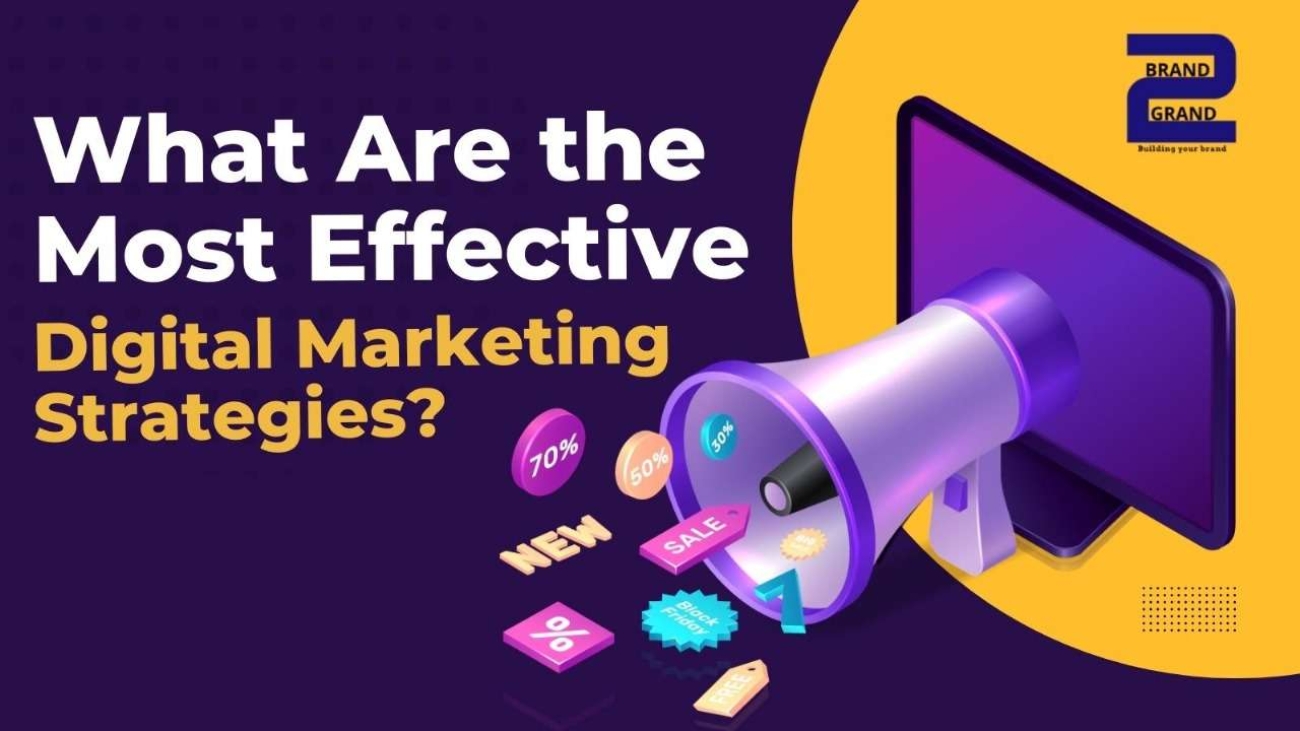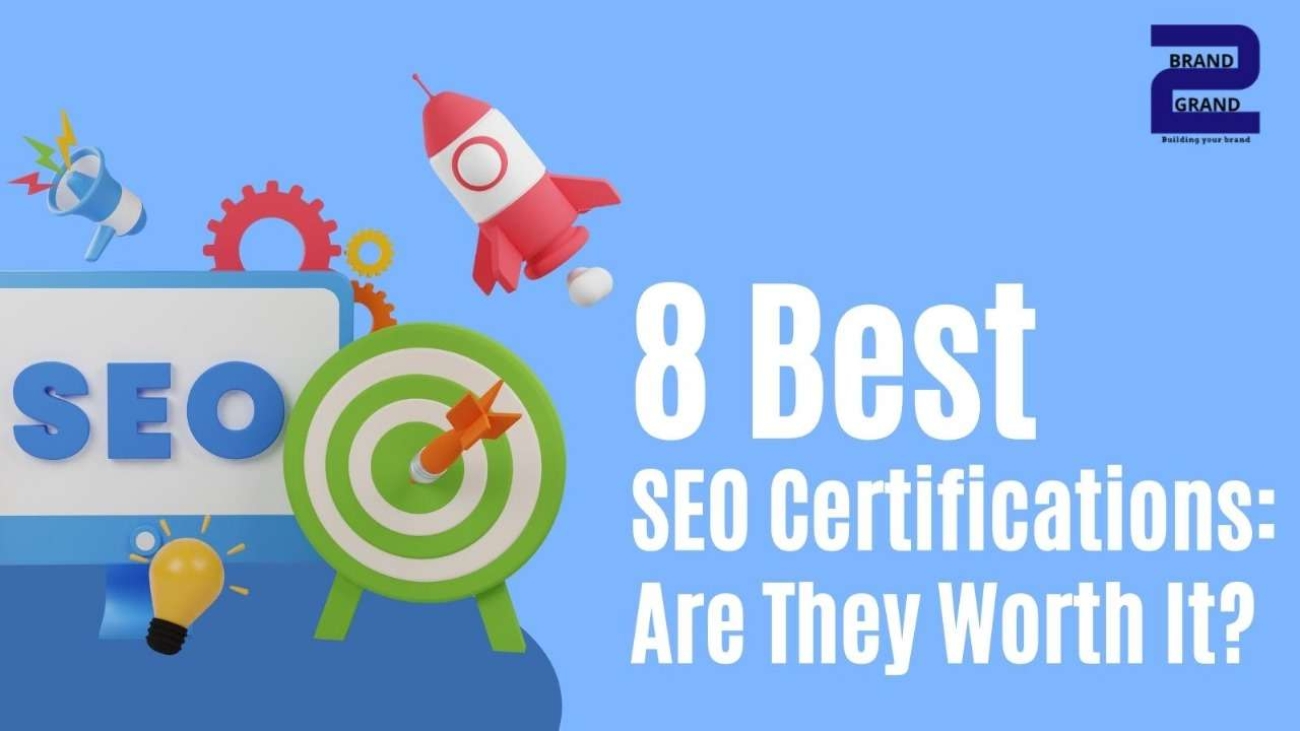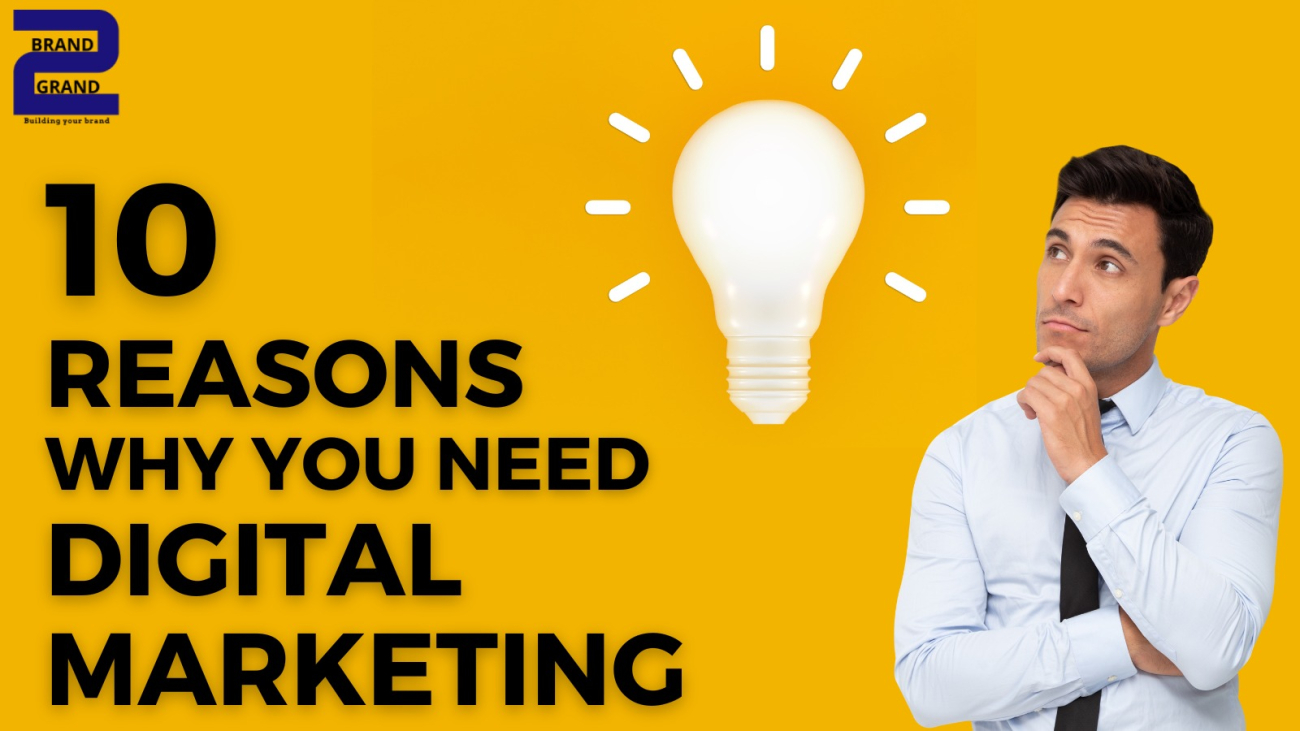Effective digital marketing strategies can vary depending on your business, industry, and target audience. However, several strategies have consistently proven to be effective in reaching and engaging with online audiences.
Here are some of the most effective digital marketing strategies:
1. Content Marketing:-
Creating high-quality, relevant, and valuable content is at the core of digital marketing. Content can take various forms, including blog posts, videos, infographics, and eBooks. Sharing informative and engaging content helps establish authority, build trust, and attract organic traffic.
2. Search Engine Optimization (SEO):-
SEO involves optimizing your website and content to rank higher in search engine results. By improving your website’s visibility on search engines like Google, you can attract more organic traffic. Effective SEO includes keyword research, on-page optimization, and building high-quality backlinks.
3. Social Media Marketing:-
Leveraging social media platforms like Facebook, Instagram, Twitter, and LinkedIn can help you connect with your audience, build brand awareness, and drive website traffic. It’s important to tailor your content and strategies to the specific platform and audience you’re targeting.
4. Email Marketing:-
Email marketing remains a highly effective strategy for nurturing leads, retaining customers, and driving sales. Segment your email list and personalize your messages to provide value and engage your subscribers.
5. Pay-Per-Click (PPC) Advertising:-
PPC advertising, such as Google Ads and social media ads, allows you to reach a highly targeted audience. You only pay when someone clicks on your ad, making it a cost-effective way to drive traffic and conversions.
6. Influencer Marketing:-
Collaborating with influencers in your industry or niche can help you tap into their established audiences. Influencers can promote your products or services to their followers, providing social proof and driving sales.
7. Video Marketing:-
Video content is increasingly popular and can be used across various platforms, including YouTube, social media, and your website. Videos can convey complex information in an engaging way and boost conversions.
8. Chatbots and AI-Powered Customer Service:-
Implementing chatbots and AI-powered customer service can enhance user experience by providing instant responses to common inquiries and automating tasks. This improves customer satisfaction and can lead to increased sales.
9. Data Analytics and Performance Tracking:-
Continuous monitoring and analysis of your digital marketing efforts are crucial. Tools like Google Analytics can provide insights into website traffic, user behavior, and conversion rates. Use this data to refine your strategies over time.
10. Mobile Optimization:-
With the increasing use of mobile devices, it’s essential to ensure that your website and digital content are mobile-friendly. Mobile optimization not only improves user experience but also helps with SEO rankings.
11. Remarketing and Retargeting:-
These strategies involve targeting users who have previously visited your website or interacted with your brand but didn’t convert. Remarketing and retargeting campaigns can bring back potential customers and encourage them to complete a desired action.
12. Local SEO and Google My Business:-
For businesses with physical locations, optimizing for local search is crucial. Claiming and optimizing your Google My Business listing can help your business appear in local search results and on Google Maps. The most effective digital marketing strategies will depend on your specific goals, target audience, and industry. A well-rounded approach that combines several of these strategies and adapts to changes in technology and consumer behavior is often the most successful. Additionally, regularly testing and measuring the effectiveness of your strategies is essential for ongoing improvement.





